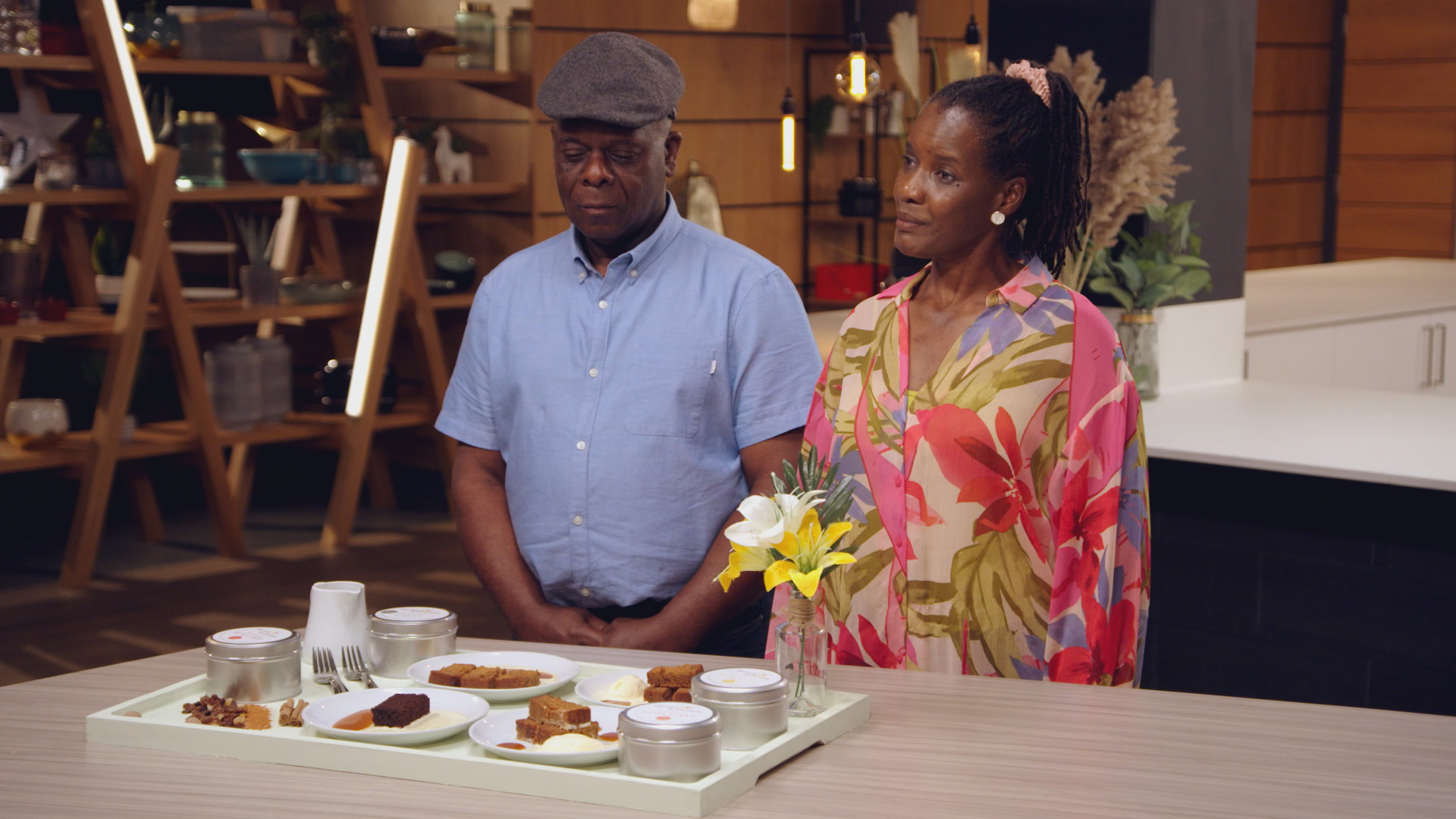In Britain, we rely on supermarkets for everything: moral guidance, entertainment, free food, heating. We treat them like churches rather than somewhere to buy a bottle of Lenor. Ask anyone about Aldi or Lidl and they’ll get misty-eyed about their favourite products, wax lyrical about Kevin the Carrot, or go on for hours about how they once got an air fryer and a speedboat from the middle aisle for £19.99.
Why do we hold them in such high regard? Could it be because Britain offers such a meagre selection of evening entertainment – mostly limited to drinking or McDonald’s – that a wander around Asda feels like a leisure pursuit? Or maybe it’s because they offer a sense of community and unite us, like Strictly or Bake Off. Or maybe we just love the thrill of discovering a bargain bucket of dusty Dr Oetker cake mixes with a WHOOPS! sticker on them?
Whatever it is, the fascination doesn’t stop when you come back from the shops. There’s a whole strand of TV content based on the secrets of supermarkets, what they sell, how they’re run, how they coped with the pandemic. Then there’s another bunch of shows, usually featuring Gregg Wallace in a hairnet, telling you how Digestives and Hula Hoops are made, how they’re packaged, how they’re distributed through the logistics chain…yawn. Honestly, it’s boring as hell, and I say that as someone who not only watched Aldi’s Next Big Thing but also CRIED AT IT.
This show is typical of the behind-the-scenes at the supermarket format. Small business food producers pitch their products to Julie Ashfield, managing director of buying at Aldi, to see if they’ll get a chance to grace its shelves, alongside all the fake Quavers (sorry, Snackrite Cheese Curls) and off-brand hot dog rolls. Aldi represents the big time for these hopefuls, who are a varied – and some might say deluded bunch – making everything from chocolate sushi-shaped cakes to insect-based snacks, often in their own kitchens. The Dragon’s Den selection process is supported by presenter Anita Rani and former greengrocer Chris Bavin, who try the products and offer encouragement to disappointed gluten-free doughnut fabricators.
It was quite hard work for the viewer, though. Questions like ‘How do you scale up the production of French artisan pies from 400 to 50,000? Or ‘Is there a market for vegan meringues?’ are extremely specific and should be directed to the experts, rather than to me, sitting comatose on my sofa and eating a mini Soreen (sorry, I mean a So Malty Malt Loaf). It was like being forwarded an email from a different department or accidentally being invited to the wrong meeting. I felt like saying, “Hi, Anita, do you need me in this one or do you just want to feed back later on those 50,000 artisan pies?”
However, that didn’t stop me from taking on the burden of worry. I found myself pondering just how it was going to work out for poor Steph, whose pastry was elevated by generous amounts of Normandy butter, but which in a factory would be created using plastic yellow margarine. I also began fretting about Harrison and Griffiths’ award-winning Jamaican rum cakes. When they won, I cried, because it truly was a labour of love, based on a family recipe. But then I panicked. Was Aldi really the right place for them? Would the quality be compromised? What would the price point be? Would they successfully make the transition from metal containers to cardboard packets?






